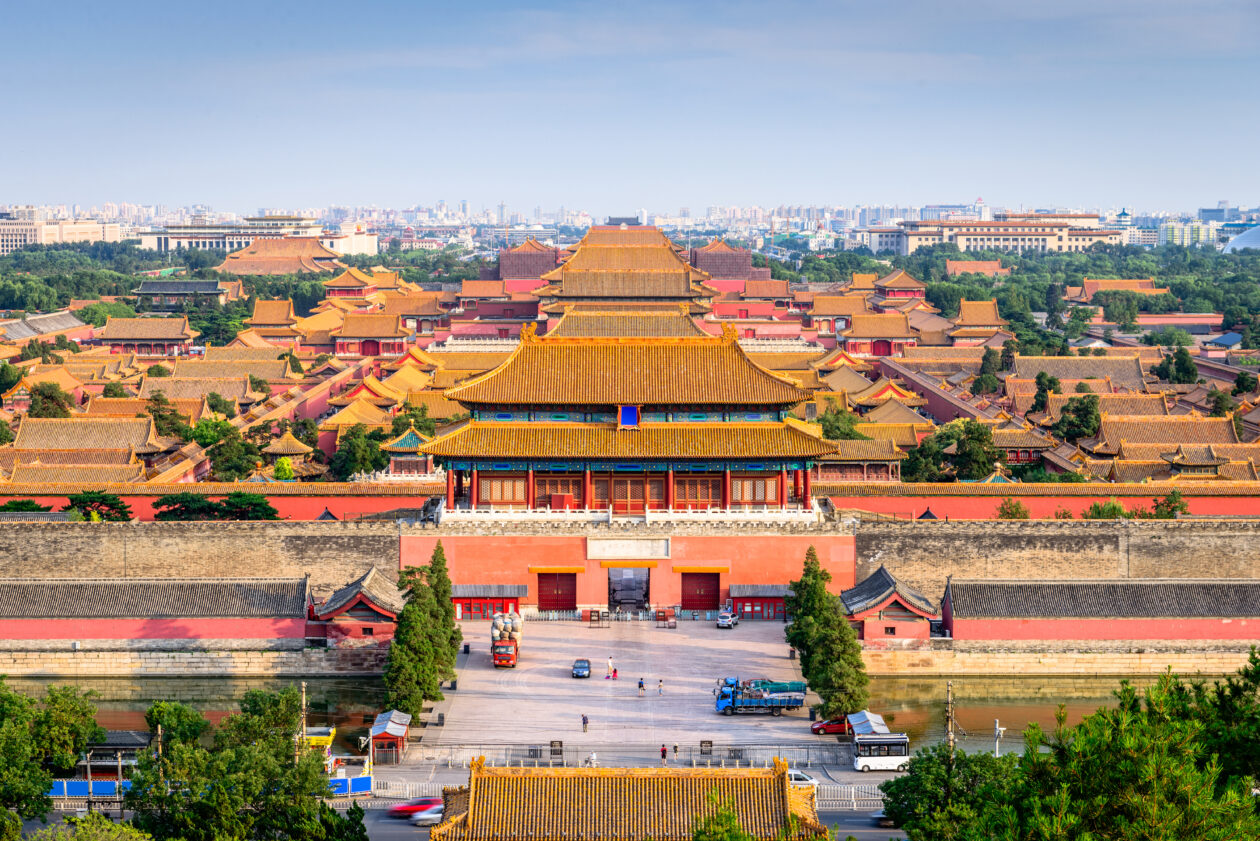Virtual assets remain legal property protected by law in China, according to a Friday report from People’s Court Daily, a daily newspaper managed and issued by the Supreme People’s Court of China.
See related article: If Chinese crypto holders sneeze, will global markets catch a cold?
Fast facts
- The report, authored by a People’s Court in the southeastern Fujian province, said that virtual assets have economic attributes and should be classified as property.
- The People’s Courts of the People’s Republic of China serve as the state’s judicial bodies that independently exercise judicial power, free from interference by administrative entities, according to the Chinese constitution.
- Virtual assets held by individuals should be considered legal and protected by law, the People’s Court Daily report said.
- The report further stated that crimes involving virtual assets, which are challenging for authorities to confiscate or restore, should be addressed using both criminal and civil laws to safeguard individual property rights and the broader public interest.
- Despite China’s blanket ban on cryptocurrencies, local courts have issued rulings that recognize virtual assets as legal properties. Last September, a Beijing court declared that no laws, administrative regulations, or departmental rules deny the protection of cryptocurrency as a form of virtual property.
- Cryptocurrency usage appears to remain prevalent in China. In August, the Wall Street Journal reported that Binance users in China traded about US$90 billion in crypto assets in May, which accounted for roughly 20% of the platform’s global volume, excluding trades by some major traders.
See related article: China is Binance’s largest market with US$90 billion despite crypto ban: WSJ






